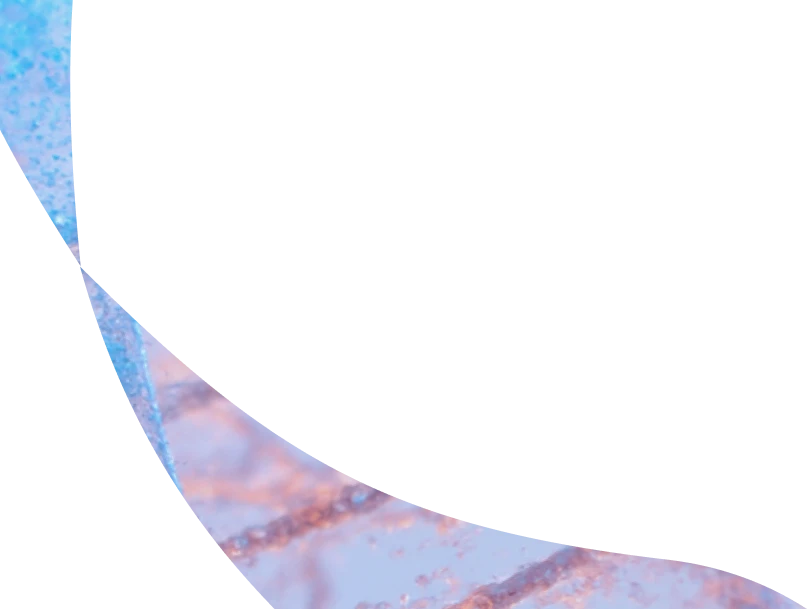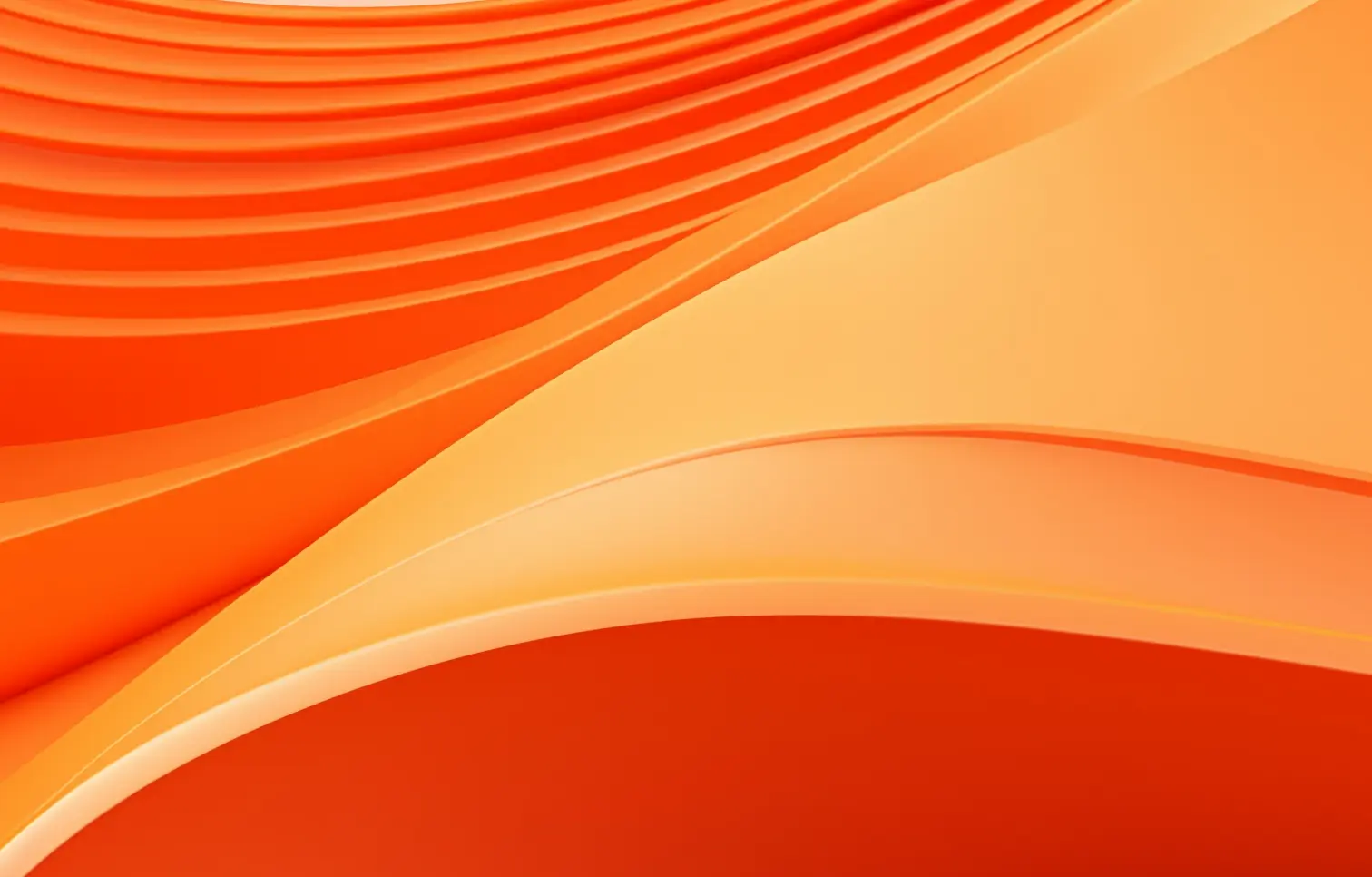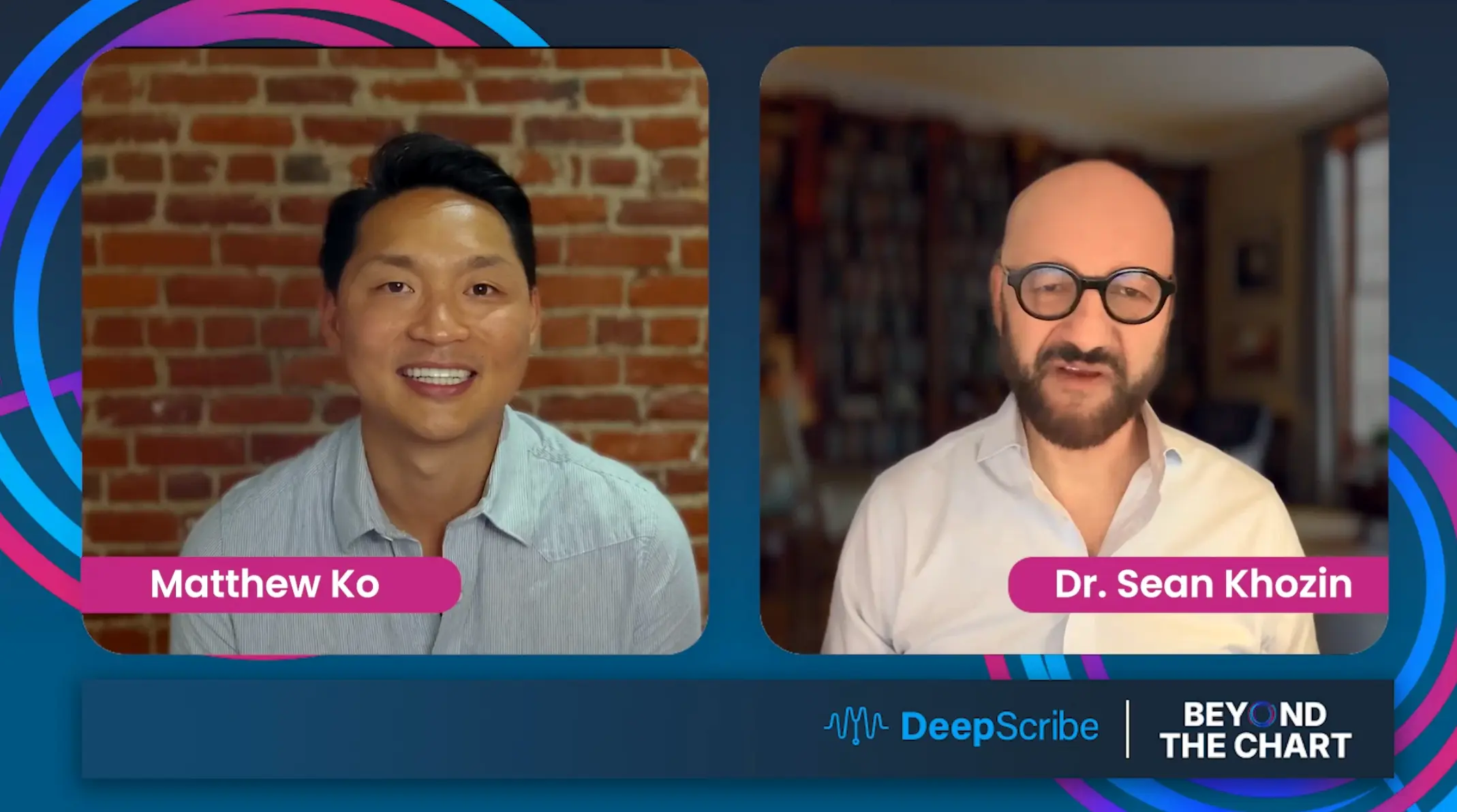How Remote Medical Scribe Jobs are Changing with AI
At DeepScribe, our remote medical scribe positions are a great way to bridge the gap between yesterday and tomorrow, while gaining experience and providing genuine relief to providers who are burdened by documentation.


Remote Medical Scribe Jobs and Responsibilities
It’s no secret that telehealth and online care delivery have boomed in the wake of COVID-19. Now, more than any other time in history, clinicians and patients are opting for virtual visits over in-person ones. But, with the infrastructure of these care delivery methods being built more or less on the fly, there have been some major disruptions to medical scribe jobs around the country.
According to the bureau of labor statistics, traditional medical scribe jobs are expected to continue to decline over the next ten years while less traditional jobs like Medical Assistants, Medical Records Specialists and Medical Operations Analysts are expected to gain more and more popularity. In other words, the traditional medical scribe jobs of yesterday are not the jobs of tomorrow, and young professionals looking to gain exposure to the medical field must adapt.
This change is in part due to the massive adoption of EHR technology, and the more recent push to offset EHR shortcomings through new technology, new methodologies, and new workflow optimization. The typical clinician's workday is burdened heavily by the weight of medical documentation, record keeping, and general administrative tasks, and now, finally, providers, care organizations, and private companies are beginning to see the need to redirect that unhealthy trajectory.
This means providers are looking for more cost-effective and efficient ways to decrease their documentation load, which for many means moving on from traditional medical scribes and looking at more advanced solutions like those that rely on AI.
Many of the popular documentation solutions on the market today use artificial intelligence in combination with dictation or transcription to offset some of the manual documentation providers are used to. In general, these solutions only solve part of the problem, as they only really offset the need to take notes by hand, and instead replace it with dictation or AI dictation. In these instances, it’s often a lose-lose. Providers think they are opting for an all-encompassing solution, and traditional scribes are often left without work. The problem is these tools don’t truly augment the documentation process, so providers are still heavily burdened.
At DeepScribe, our remote medical scribe positions are a great way to bridge the gap between yesterday and tomorrow, while gaining experience and providing genuine relief to providers who are burdened by documentation. Just like the scribes of yesterday, you can log the clinical hours needed for medical school while gaining valuable exposure to the healthcare industry. But, like the Medical Assistants and Record Specialists of tomorrow, you will gain valuable insight into the future of medicine as it relates to artificial intelligence and workflow automation.
Recommended Reading: Medical Scribe Jobs and the Shifting Healthcare Landscape
How DeepScribe Works
DeepScribe is an AI-scribe that listens in on a natural conversation between a provider and their patient, and extracts the medically relevant information from the encounter and creates a complete, EHR-ready medical note. DeepScribe relies on skilled remote medical scribes to perform quality assurance on completed notes and train the AI models so that they continue to get better and better over time.
How DeepScribe is Different
Unlike some traditional scribe roles, our remote medical scribes get direct exposure to more than 15 different medical specialties during their time with us. Additionally, our positions are entirely remote (and always will be) and are highly flexible, meaning you can bend your work around your class schedule or other extracurriculars. At DeepScribe, you can work when you want within certain parameters.
We offer competitive pay, opportunities for professional development, internal advancement, pay increases, and letters of recommendation. All while offering a one of a kind opportunity to complete clinical hours and advance professionally and personally, while gaining exposure to one of the most rapidly shifting industries in all of healthcare.
Interested? Learn more here or apply now.
text
Related Stories
Realize the full potential of Healthcare AI with DeepScribe
Explore how DeepScribe’s customizable ambient AI platform can help you save time, improve patient care, and maximize revenue.




